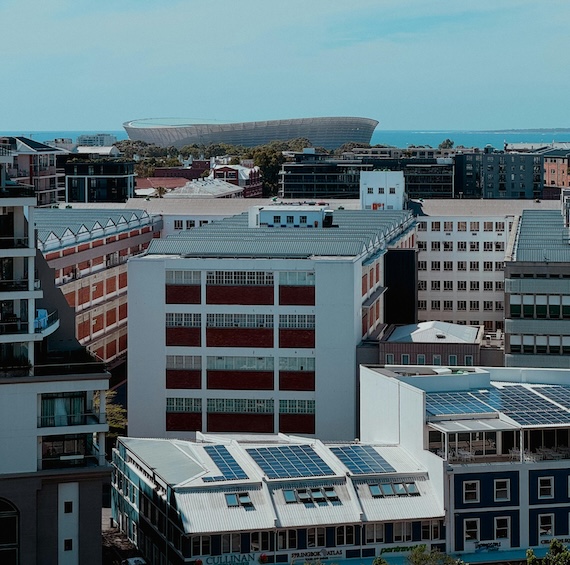Solar Revolution: South Africa's Bold Leap into Green Energy Manufacturing

South Africa's Energy Dilemma: The Coal Conundrum and Renewable Future
In the heart of South Africa's energy landscape, coal reigns supreme, generating an astounding 85% of the nation's electricity. This heavy reliance on fossil fuels has long been a defining characteristic of the country's power infrastructure, but it comes with significant environmental and economic challenges.
Coal-fired power plants have been the backbone of South Africa's energy production for decades, providing a seemingly reliable source of electricity. However, this dependence is increasingly problematic in an era of growing climate consciousness and global shifts towards sustainable energy solutions.
The environmental cost of coal is substantial. These power plants are major contributors to greenhouse gas emissions, playing a significant role in climate change. Moreover, they pose serious health risks to local communities, releasing harmful pollutants that can cause respiratory diseases and other long-term health complications.
Despite these challenges, South Africa faces a complex transition. The coal industry has been a critical source of employment, supporting thousands of jobs in mining and power generation. Any shift away from coal must carefully balance environmental needs with economic realities and social considerations.
Renewable energy offers a promising alternative. Solar and wind power technologies have advanced rapidly, presenting more sustainable and increasingly cost-effective options for electricity generation. The country's abundant sunshine and wind resources provide an incredible opportunity for a green energy transformation.
As South Africa confronts its energy future, the path forward requires innovative thinking, strategic investment, and a commitment to both environmental sustainability and economic development. The transition from coal to renewable energy is not just an environmental imperative, but a potential catalyst for economic innovation and job creation.
